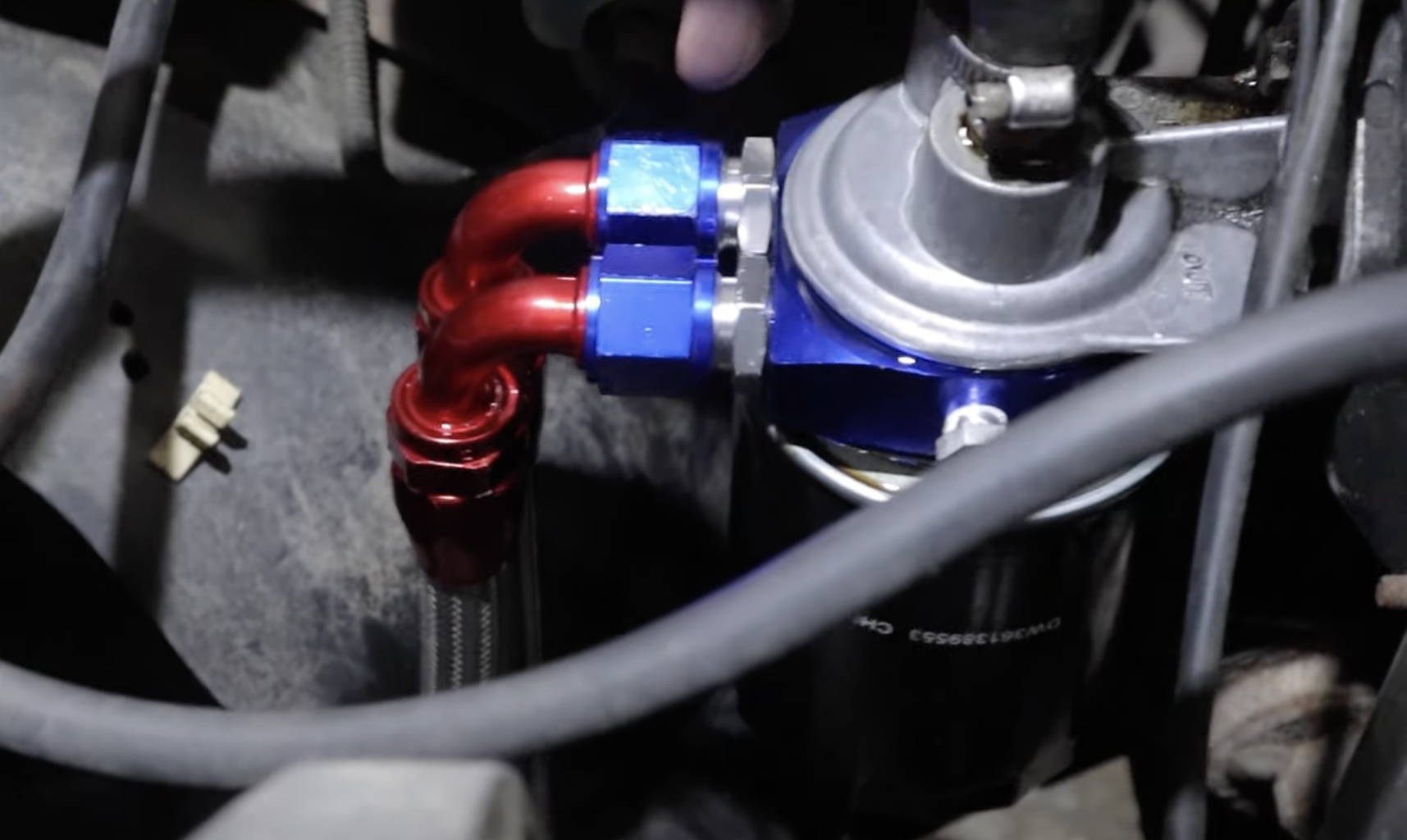Relax: The Reasons Lubrication Coolers Matter for Motor Longevity
Given that cars have turned into more sophisticated and capable, the need of monitoring ideal engine temperatures has become more critical greatly. An essential of the key factors in maintaining this stability is the engine oil cooler. An oil cooler functions a pivotal role in controlling the heat of the engine oil, allowing it to perform its important functions while not overheating. This is often especially important crucial in powerful vehicles or in environments where the engine is faced with persistent stress.
Adding an oil cooler within your vehicle's system not only enhances efficiency while also contributes to the overall durability of the engine. By maintaining the oil at a consistent and safe temperature, it ensures that the oil's slippery properties are preserved, stopping deterioration on motor components. oil cooler holden cruze -thinking approach may help save drivers from expensive repairs down the line and ensure the vehicle's reliability for years to come.
Comprehending Oil Cooling Systems
Engine oil coolers play a vital role in ensuring the optimal heat of engine oil, guaranteeing it performs properly. As engines run, they produce substantial heat, which can cause the oil to deteriorate and lose its lubricating properties. This is where oil coolers come into play, aiding to get rid of excess heat and maintain a stable thermal condition. By doing so, they guarantee that the oil continues to be viscous enough to properly lubricate engine components, lessening friction and wear.
There are various types of oil coolers, including air-cooled and liquid-cooled options. Air-cooled oil coolers employ airflow to cool the oil as it flows through a network of fins. On the flip side, liquid-cooled systems utilize engine coolant to absorb heat from the oil, providing more efficient temperature regulation. The selection between these types often hinges on the specific demands of the vehicle and driving conditions. No matter the type, all oil coolers serve the same fundamental purpose of prolonging engine life.
Effectively working oil coolers can lead to substantial advantages in engine performance and longevity. By preventing oil from overheating, they help maintain stable oil pressure and improve overall engine efficiency. This not only helps prevent high repairs due to engine damage but also boosts fuel economy and driving experience. Regular maintenance of the oil cooler and its components guarantees that it can continue to perform efficiently, making it an essential part of any vehicle's cooling system.
Benefits of Oil Coolers
Engine oil coolers play a important role in ensuring optimal operating temperatures within an engine. By lowering the temperature of motor oil, oil coolers help ensure that the oil remains functional in greasing engine components. This prevents oil from deteriorating due to heat, maintaining its viscosity and safeguarding properties, which in turn enhances the overall performance of the vehicle engine.
Another major merit of oil coolers is their role to extending engine life. Elevated oil temperatures can lead to increased wear on critical engine parts, resulting in diminished reliability and costly repairs. By keeping the engine oil at a steady and lower temperature, oil coolers can reduce wear and tear, ultimately extending the lifespan of the engine and its components.

Furthermore, oil coolers can boost fuel efficiency. When the engine operates at the correct temperature, it runs more efficiently and efficiently. Cooler oil helps in ensuring optimal engine performance, which can convert to better fuel economy. In the present climate of rising fuel costs, this extra efficiency provides a compelling reason for car owners to consider the installation of an oil cooler.
Selecting the Appropriate Oil Cooler
As picking an oil cooler, the first step is to take into account its dimensions and capacity. The cooler must be compatible with your vehicle's engine size and projected performance requirements. A more powerful engine or one that is frequently exposed to high temperatures may require a larger oil cooler to guarantee maximum cooling. Evaluating the space available within your engine bay is also vital, as some coolers can be more cumbersome and may not be appropriate for all vehicles.
Afterward, look into the kind of oil cooler that best suits your preferences. There are different designs available, including air-cooled and liquid-cooled options. Air-cooled oil coolers are typically simpler and easier to install, depending solely on airflow to dissipate heat. On the flip side, liquid-cooled oil coolers can provide more efficient cooling but may require additional plumbing and installation considerations. Understanding your driving environment will influence your decision.
In conclusion, take into account the standard and build of the oil cooler. It's crucial to select a product from a trustworthy manufacturer, as substandard coolers can lead to issues or lowered performance. Search for coolers made from sturdy materials that can endure the pressures and temperatures of engine oil. Reviews and advice can be useful in locating a trustworthy cooler that keeps your engine remains cool and functions at its highest level.